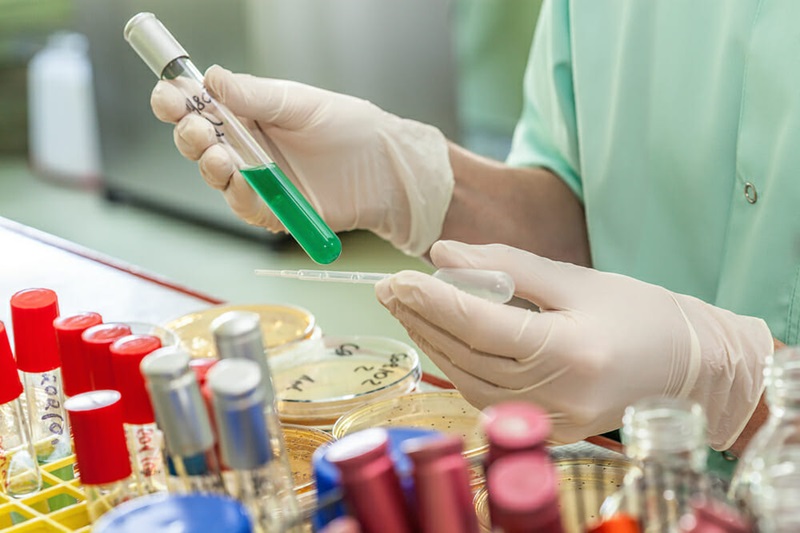Finding balance in life after addiction is a journey strewn with challenges and opportunities for growth. Discovering activities that not only engage but also heal the physical, emotional, and mental scars left by substance dependency is critical to sustaining recovery. For young adults undergoing outpatient addiction treatment for young adults, filling former habits with positive actions is both therapeutic and rewarding. Below are insights into how embracing healthy activities can catapult individuals into a serene, sober lifestyle. Keep reading to understand the crucial role they play and how to integrate them into your everyday life.
Understanding the Role of Healthy Activities in Outpatient Addiction Recovery
Recovery involves more than just abstaining from substances; it’s about transforming one’s lifestyle and choices. Engaging in healthy activities fosters a sense of accomplishment and can rebuild confidence and self-worth, especially for those in outpatient treatment. These structured activities serve as distractions and tools to overcome addictive behaviors, creating new routines and establishing a new normal.
Sports, creative pursuits, and volunteer work help mitigate cravings and triggers, redirecting focus from the struggle of recovery to the joy of living. These activities reduce stress, improve mental health, and provide a valuable coping mechanism when facing pressures outside treatment. While there’s no one-size-fits-all solution, experimenting with different activities, such as participating in a sweepstakes casino, helps individuals find what resonates with their personal interests and encourages a steadfast commitment to sobriety.
Incorporating Physical Fitness into Your Recovery Journey
Physical fitness is crucial in recovery programs, offering benefits beyond physical improvements. Exercise boosts mood by releasing endorphins, which is especially helpful for those dealing with the emotional challenges of withdrawal. Activities like yoga and running provide structure and routine, which can bring a comforting sense of normalcy and help develop discipline, essential in overcoming addiction.
For those new to fitness, starting slow with manageable goals is key. Each small success can boost self-esteem and reinforce commitment to sobriety. Activities like Tai Chi and Pilates help reconnect individuals with their bodies, promoting mindfulness and aligning physical recovery with mental and emotional healing.
Mindfulness and Meditation for Sustaining Sobriety
Mindfulness and meditation offer essential support for individuals in outpatient recovery programs by fostering present-moment awareness and self-reflection. These practices create a calming space to step back from daily stressors, reducing impulsive behavior and helping patients manage cravings and negative emotions non-judgmentally, thus preventing relapse.
Engaging in regular meditation and mindfulness exercises enhances mental clarity and reduces anxiety, promoting a healthier outlook on life. Short, consistent sessions can seamlessly fit into busy schedules, making these practices accessible and beneficial for maintaining focus and tranquility throughout the challenges of sober living.
Nutrition and Dietary Habits That Support Addiction Treatment
Nutrition is crucial in addiction recovery, addressing significant deficiencies caused by substance abuse and aiding in physical healing. A diet rich in vitamins, minerals, and antioxidants boosts the immune system and energy levels, supporting the body’s demands and reducing the risk of relapse.
Meal planning and preparation offer therapeutic benefits, fostering a sense of control and personal care. Shared meals enhance fellowship and community, essential for sustainable recovery, while finding joy in nourishment strengthens both body and spirit, promoting lasting sobriety.
Building a Supportive Community through Group Activities
Isolation often hinders addiction recovery, but connecting with peers who understand the journey can significantly boost the process. Group activities, such as sports, art classes, and civic organizations, provide opportunities for social interaction and healthy relationship development. These activities encourage mutual support and learning from others, which is crucial for young adults in recovery who may feel disconnected.
Engaging in group settings helps individuals in recovery forge a new identity independent of past addictive behaviors. Community-based projects and team pursuits offer a sense of purpose and commitment to a larger cause, adding meaning to their struggle against addiction. Opportunities like volunteering at events can promote social responsibility and reinforce recovery.
Overall, integrating healthy activities into outpatient addiction treatment provides a multifaceted approach to recovery. Such activities fortify both the body and mind, paving the way for a life of well-being and serenity. As each individual’s journey is unique, the exploration and adoption of these practices should be tailored to personal needs and aspirations. The path to sobriety need not be a solitary one; through shared experiences and community engagement, recovering individuals can find the support and strength needed for a lasting recovery.



